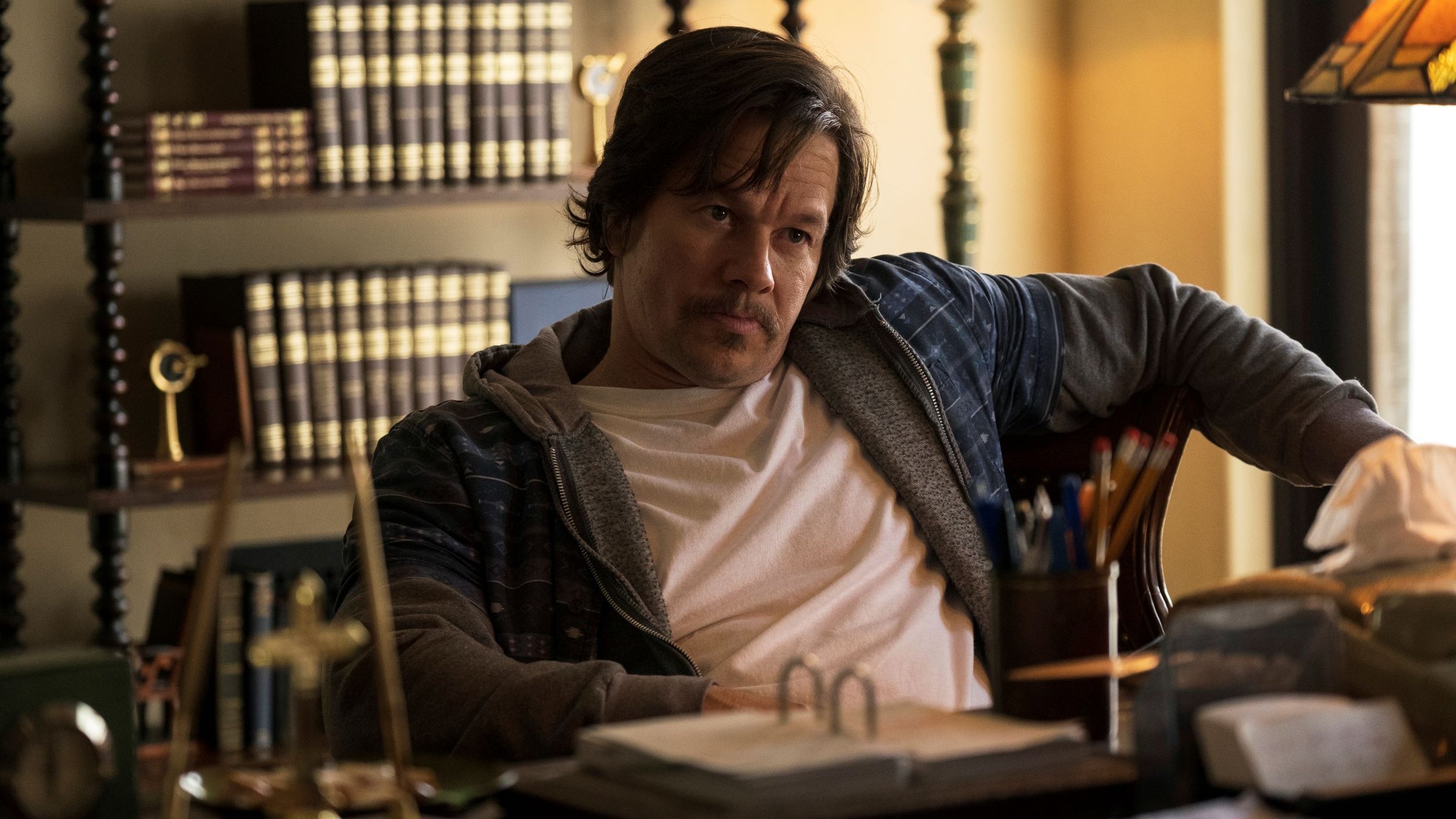Recently, my wife and I took a group of people to see the new movie "Father Stu." Although it wasn’t the “typical” Catholic/Christian movie experience, I enjoyed the movie enough that I’m contemplating mandating it for my students — and pondering a study guide to go with it. We like supporting movies that uphold a solid, Catholic/Christian worldview. Most of the time, though, those movies are not rated "R."
What I got from the film is, curiously, what I have always believed about our faith, especially since I began working for the Church teaching high school theology: Our faith life isn’t always neat and clean. Nor were the men Jesus chose to follow him. One of the greatest challenges I’ve realized in teaching young men is making the material relevant, moving from “head” to “heart,” or from academics to experience. I’ve heard the same from many of my cohorts. Somewhere along the line, faith has become less relevant to families in our culture, and even though parents are sending their kids to Catholic schools at higher rates than in the recent past, that does not mean those families don’t question the relevance of faith in their own lives.
I’ve often wondered why many young people don’t find faith more relevant. And one of the conclusions I’ve reached — not withstanding a multitude of other reasons — is that somewhere along the line we’ve whitewashed, and perhaps emasculated our faith into something that’s unattainable, and in fact, unattractive to many young men. Our young men, for far too long, have been exposed to images of Christ as a sheep-holding, sandal-wearing, “kumbaya” singing savior. To be sure, he certainly is all those things. But we miss the mark when we undervalue his strength, grittiness, and ability to connect with those of us who aren’t quite as “refined.”
One day not long ago, over a family dinner, my older teenage daughter was worried about God becoming mad at her for something she had forgotten to do. Without missing a beat, my younger teenage daughter said: “God doesn’t get annoyed that easy. He’s not a teenage girl.” About the time I choked on my food, I also sat back and wondered if she wasn’t onto something. So often we see God as annoyed and difficult rather than relaxed and easy to get on with.
The Catholic/Christian life is anything but rated G. Sometimes it’s rated PG, PG-13, and yes, even "R." It’s hampered with misunderstanding, some “swearing,” and much suffering. If we present it as something other than this, we are doing ourselves, and our students a great injustice. But we cannot forget the rest of the story: we have a Sacrament that can clean us and give us a fresh start as often as we need. Peter was known as impulsive and hot-tempered. But once strengthened, and over time, he became the vicar of Christ.
"Father Stu" reminded me that though our lives might be mired in suffering and filth, God can use that suffering to draw us nearer to Him. I don’t like to suffer. I imagine no one does. But much like Father Stu, we can come to the realization that often our sufferings are a gift from God.
To be thoroughly able to critique any film, one must do so in hindsight. In "Father Stu," there is an end to the means. That end is certainly what we strive for — the idea that though God might meet us in the "R," he transforms us to the "G." Along the way, especially when evangelizing to students, there will be times we meander back into the "R," to meet them where they are.
As a former chaplain liaison at the police department from which I retired, one of the first things I was instructed to do by a chaplain much wiser than I, was to remind our new chaplains: “If you want to reach police officers, one of the first things you need to do is roll up your sleeves and get into the mud with them.” I suspect that’s how Jesus got people to trust Him. And although I don’t see our Lord dropping “F” bombs, I’m certain he was around language that wasn’t the most refined, and people whose lifestyles were less than dignified.
We can learn a lesson from "Father Stu" — not to glorify an undignified life, but to remind ourselves that to reach our students today, we cannot be afraid to roll up our sleeves and get dirty. It might cause a bit of suffering, but that’s exactly what Christ continues to do for us. Often, young people think they must be perfect before they approach God. If we can convince them that God is willing to meet them in the mud, God can become more relevant and real. From there, anything is possible.
Paul Stuligross is a retired police officer. He currently teaches theology at St. Mary’s Preparatory High School in Orchard Lake.











